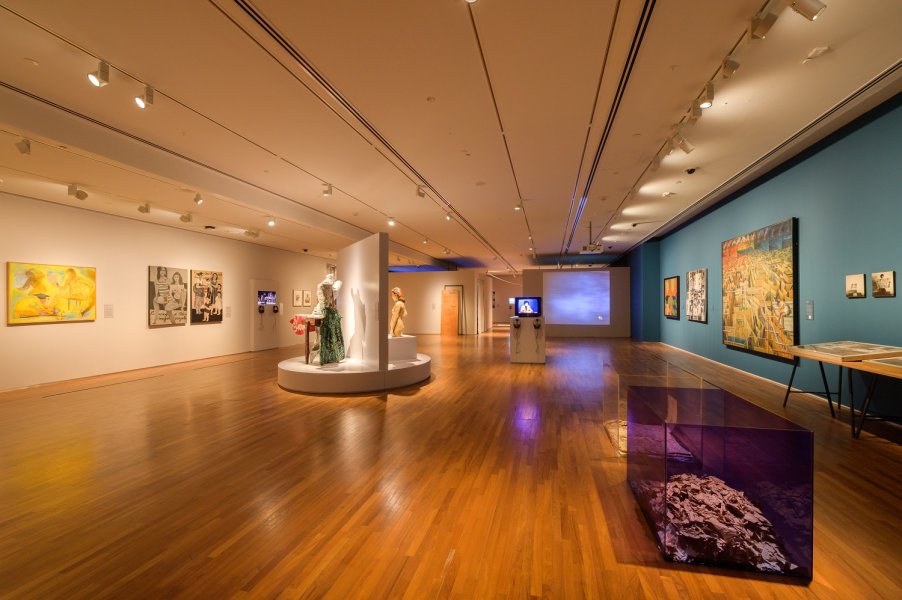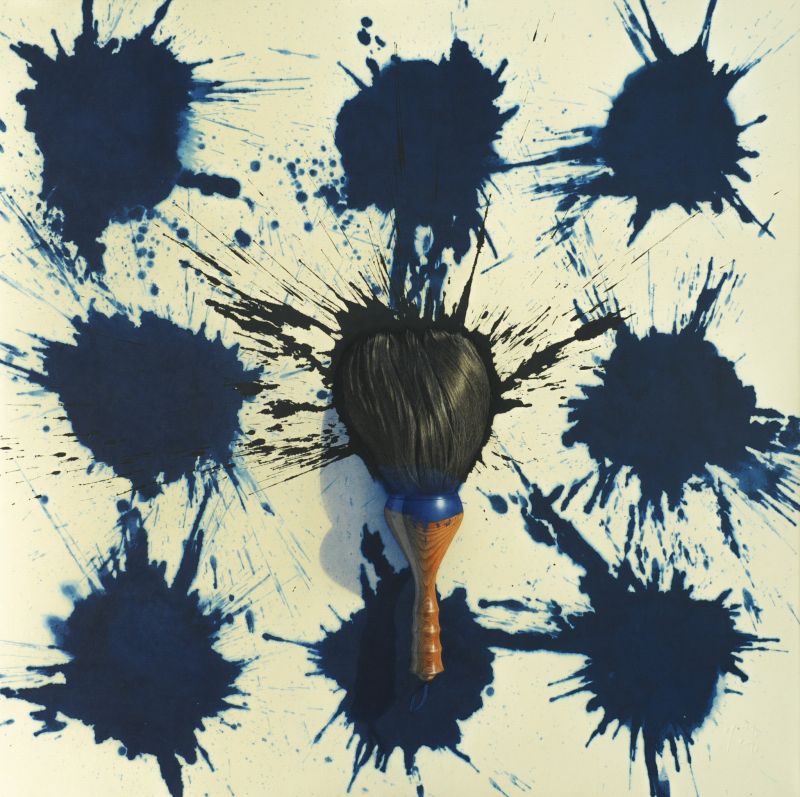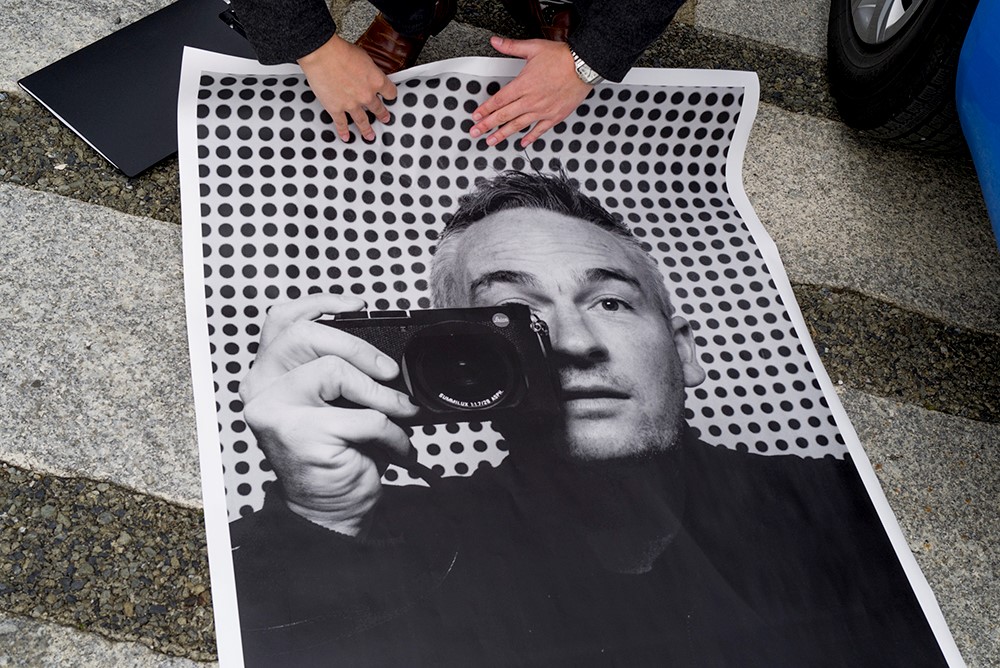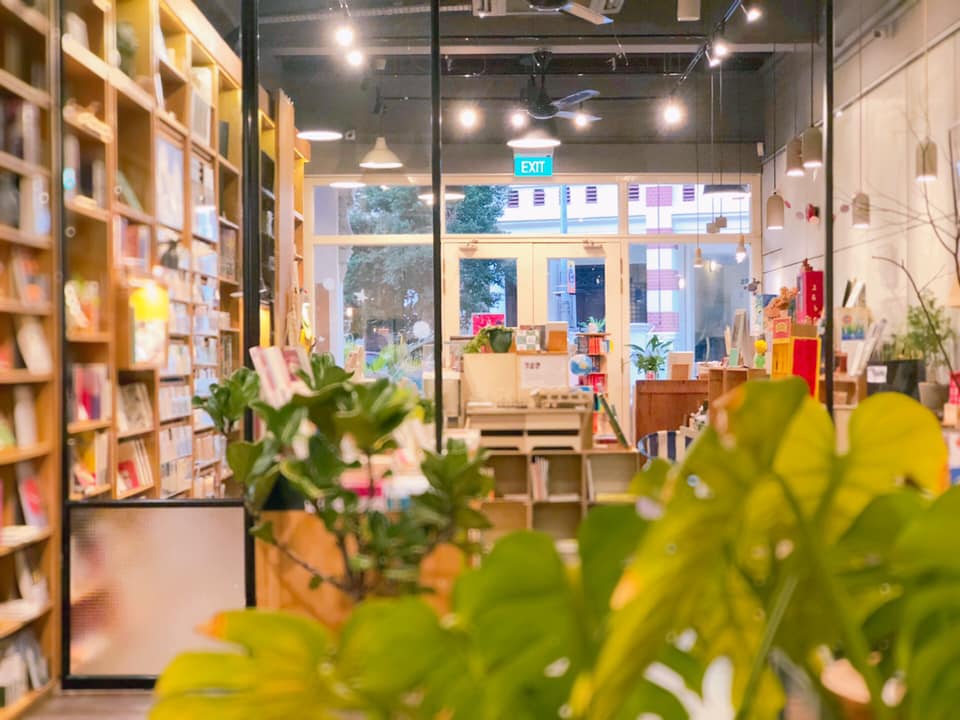The National Gallery Singapore’s next big exhibition, Awakenings: Art in Society in Asia 1960s-1990s, is a comprehensive, bold and provocative one.
Comprising 142 art pieces by more than 100 artists from 12 countries in Asia, the artworks are presented in an effort to confront social, economical, cultural and political issues that plagued Asia during those three decades. Having taken four years to curate and create, Awakenings will finally premiere in Singapore on Jun 14, following showings in both Japan and Korea.
It’s a massive one, so to prevent visitors from being overwhelmed by the large collection of art, the exhibition is divided into three main sections—”Questioning Structures”, “Artists and the City” and “New Solidarities”, plus a couple other sub-sections.

“Questioning Structures” shares an insight to the minds of the Asian artists, who began challenging and refuting the norms of traditional art, creating pieces that were less visually appealing and more evocative. “Artists and the City”, on the other hand, spotlights social issues faced by the artists and their fellow citizens, in their respective homelands. Lastly, “New Solidarities” documents alliances forged by people and the developments among the disorders of nations. Major works to be showcased include Siti Adiyati’s Eceng Gondok Berbunga Emas (Water Hyacinth with Golden Roses), Reptiles by Huang Yong Ping, and They Poach the Rhino, Chop Off His Horn and Make This Drink by Tang Da Wu.
Social issues and movements pertaining to societies and their people are part of the huge, recurring theme of rebellion against oppression in this exhibition, and is a topic that continues to be pertinent to this day. Take this opportunity to explore 30 years in Asia, which saw divisive periods in history such as the Vietnam War and Indonesia’s New Order, all through the lens of these artworks.
Awakenings: Art in Society in Asia 1960s-1990s runs from Jun 14-Sep 15 at National Gallery Singapore’s Singtel Special Exhibition Gallery. Entry fee is $15 for Singaporeans and permanent residents, and $25 for non-Singaporeans. More information here.





